Developing myosatellite lines from Atlantic salmon
2020-2021
Dr. David Kaplan’s lab at Tufts University is developing protocols for isolating and establishing continuous lines of myosatellite cells from Atlantic salmon.
PRODUCTION PLATFORM: Cultivated
TECHNOLOGY SECTOR: Cell line development
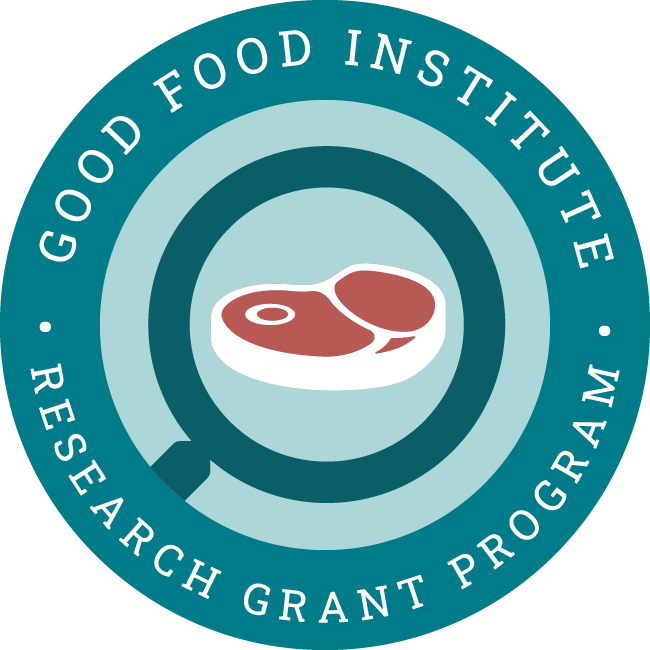
Project aims
This project aims to develop protocols for isolating myosatellite cells from Atlantic salmon, and then establish continuous lines of these cells. It will adapt these cells to serum-free media and will test strategies to engineer cells for higher proliferation rates.
The Kaplan lab’s research will remove a bottleneck for other research on cultivated seafood. The data and protocols from this project will inform future projects aimed at isolating and culturing cells from other fish species.
Principal researchers

Andrew Stout
Graduate Student, the Kaplan Lab, Tufts University
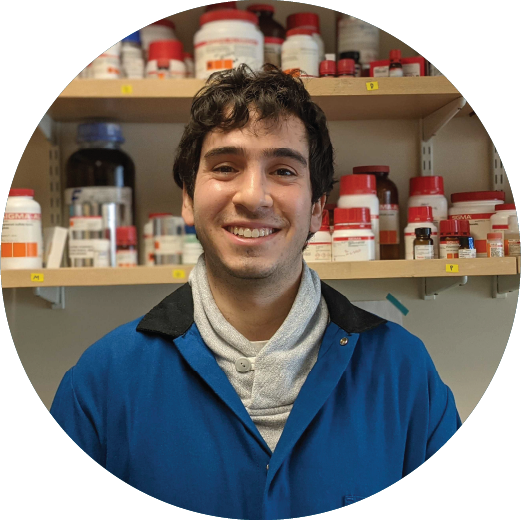
Michael Saad
Graduate Student, the Kaplan Lab, Tufts University
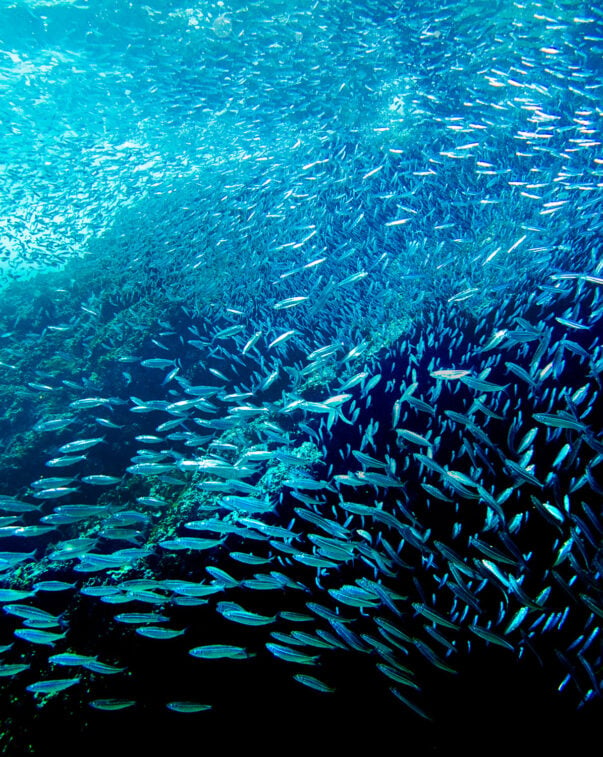
Page
Sustainable Seafood Initiative
Learn how plant-based, fermentation-derived, and cultivated seafood can improve the health and sustainability of oceans.
View related grant projects
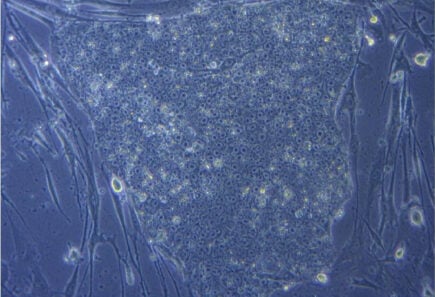
The Frozen Farmyard repository
Learn about Dr. Gareth Sullivan’s work to develop a “frozen farmyard” cell line repository for cultivated meat.
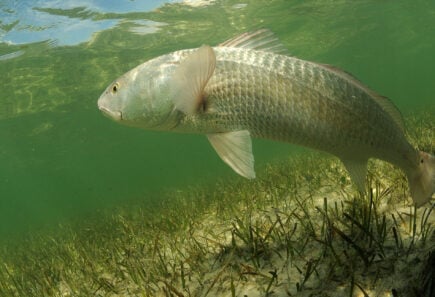
Seafood cell lines
Learn about Dr. Kevan Main and Dr. Cathy Walsh’s work at Mote Marine Laboratory to develop cell lines and methodology for cultivated seafood.
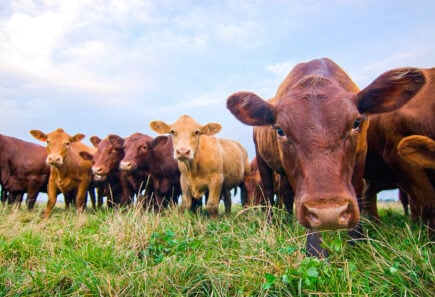
Making muscle cells
Learn about Dr. Ori Bar-Nur’s research to convert bovine and porcine fibroblasts into proliferative myogenic progenitor cells at ETH Zurich.
Explore research opportunities
-
Cultivated
Cell line development from food-relevant aquatic species
A lack of publicly-available cell lines from relevant species and cell types continues to be a challenge for the field of cultivated seafood. Addressing this challenge will require further investigation…
-
Cultivated
Mapping animal cell metabolism to optimize media formulation
The cost and environmental impact of cultivated meat are driven by the cell culture media formulation and its conversion efficiency into meat. Metabolic modeling and engineering techniques can aid media…
-
Cultivated
Promoting stemness and proliferation in fish cell cultures
Efficient and cost-effective cultivated fish production will require precise optimization to encourage fast proliferation and highly efficient use of inputs while preventing premature differentiation. A variety of strategies can be…
Check out related resources

GFI’s Sustainable Seafood Initiative awards new grant for Atlantic salmon cell lines
Cultivated meat is poised to make our food system more sustainable, ethical, and delicious, but cell lines are a critical unmet need. That’s why GFI is funding research by Kyle…
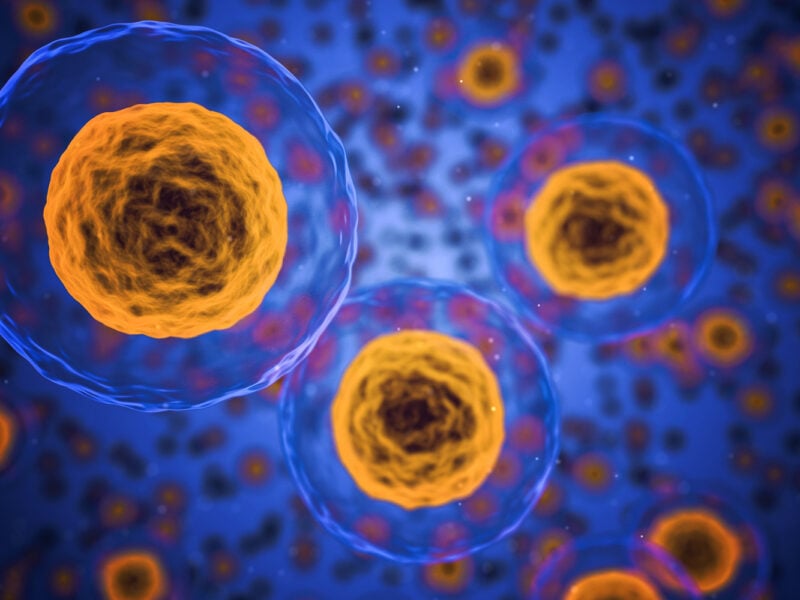
Expanding access to cell lines
Limited access to cell lines is a significant challenge for cultivated meat research. GFI is working to expand access and support the development of new cell lines.

Action paper: An ocean of opportunity
This action paper explores alternative seafood’s role in creating a sustainable, secure, and just food system.

